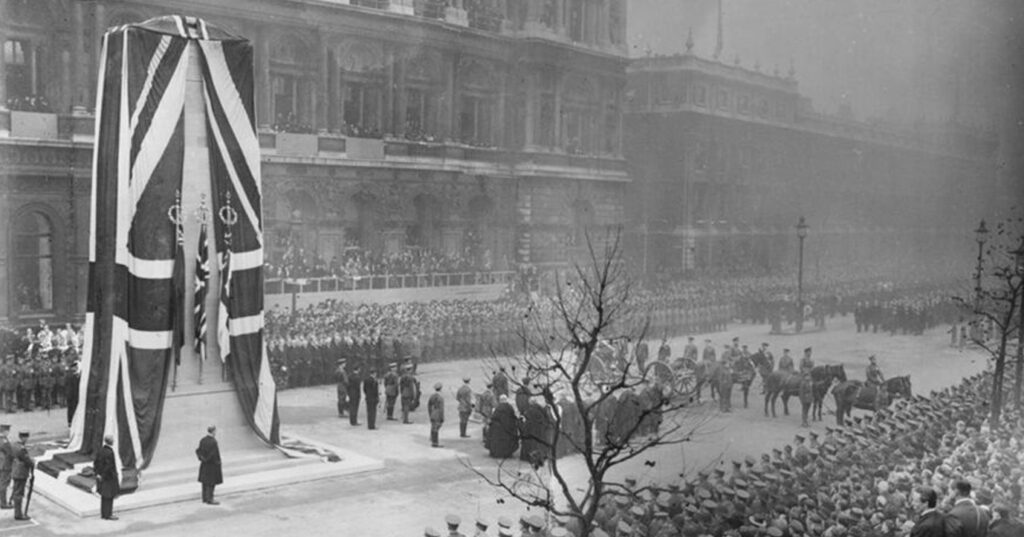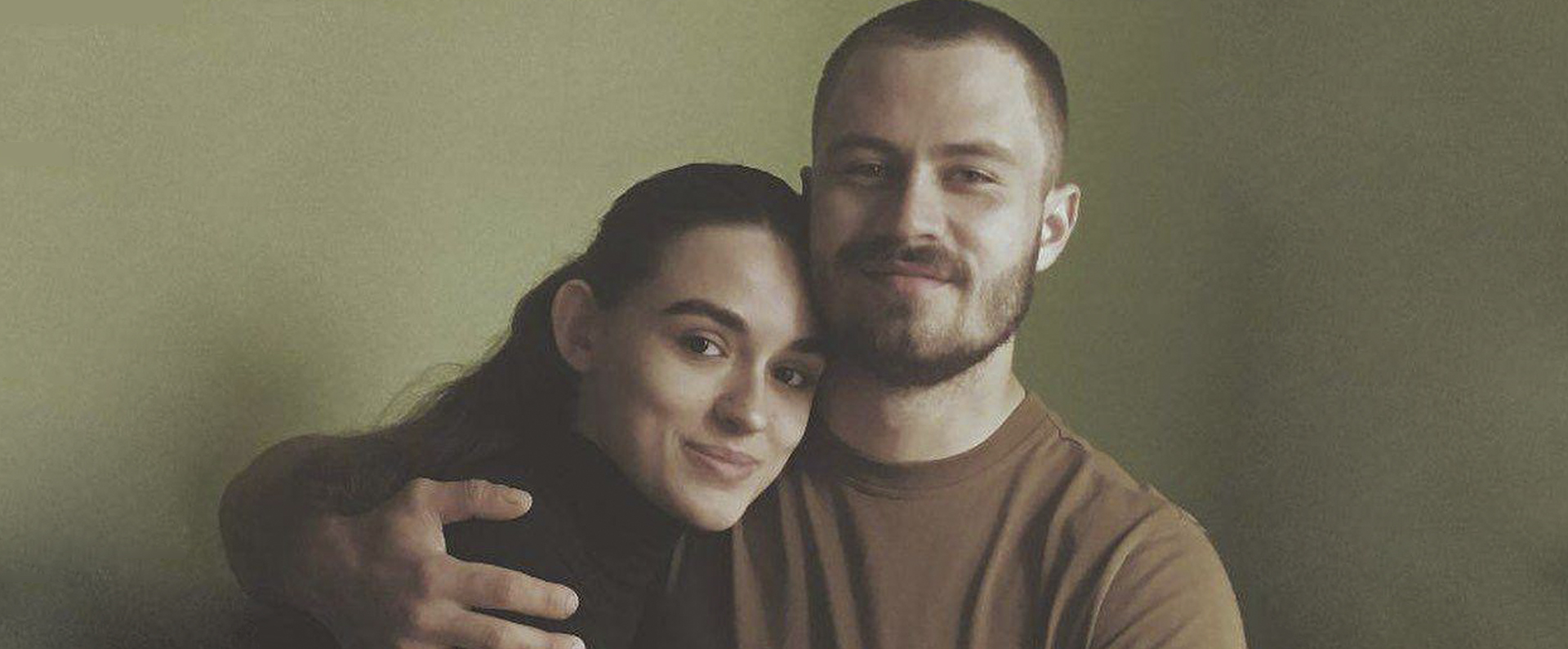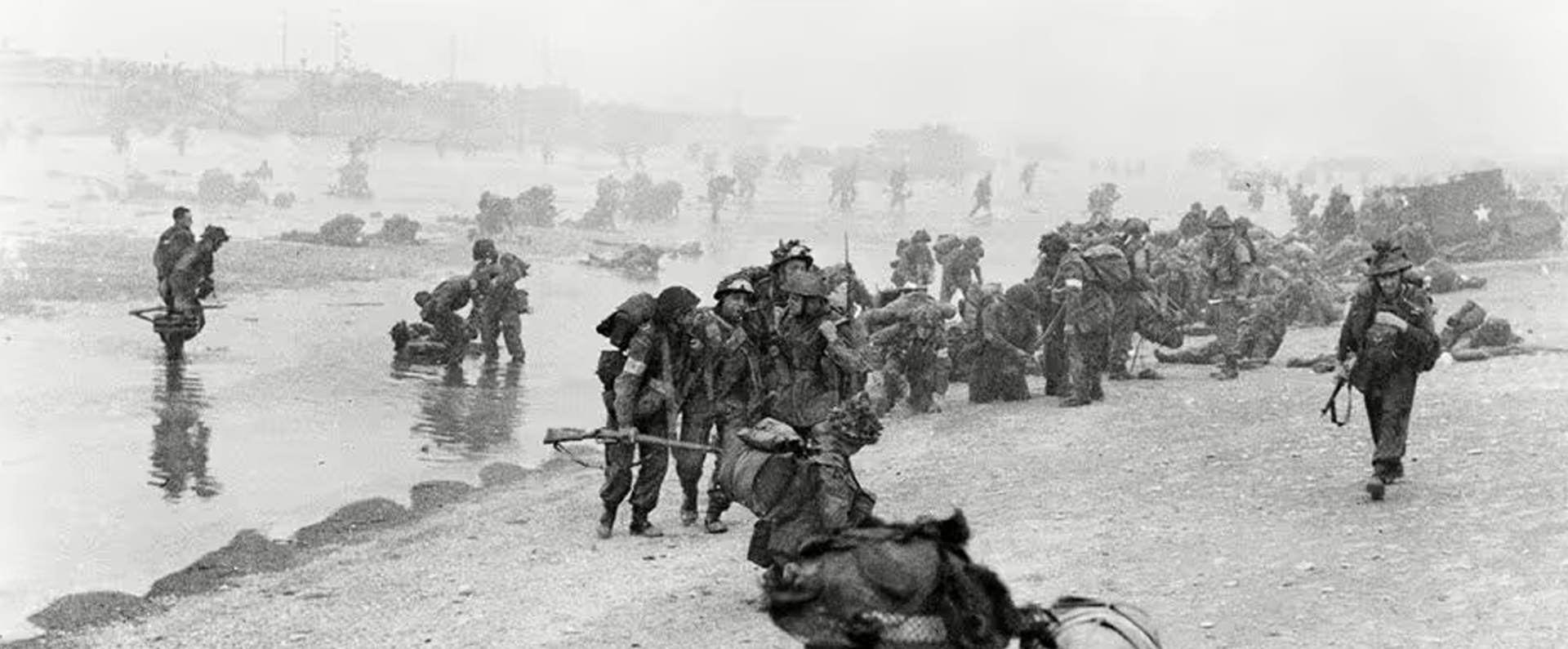
Published in The Sunday Express on 09 November 2008.
AS THE Queen leads today’s Remembrance service at the Cenotaph, there is no more appropriate time to salute the bravery of British servicemen.
Today is about paying tribute to our war dead but as the lives of our military personnel continue to be lost abroad, a once-a-year national recognition of the contribution of our Armed Forces may not be sufficient.
As our servicemen continue to distinguish themselves on a daily basis in Iraq and Afghanistan, it is fitting that we recall memorable moments in our military history.
I still cherish the memories of the celebrated cavalry charges of the Scots Greys at Waterloo (1815); the ill-fated Light Brigade at Balaklava in the Crimea (1854); and the 21st Lancers at Omdurman in the Sudan (1898).
Then there are the many defensive sieges, including Gibraltar (1779-83); Lucknow during the Indian Mutiny (1857); Mafeking, Ladysmith and Kimberley in the Boer War (1899-1901); and, most famous of them all, the heroic 1879 defence of the mission station at Rorke’s Drift in Natal, South Africa, when a mere 139 men held out against some 4,500 Zulu warriors.
Less glamorous but no less noteworthy was the sorely-stretched “Thin Red Line” of the 93rd Highlanders in the Crimea, not to mention the unforgettable stoicism shown in the trenches of Flanders during the Great War and by the retreating but unconquered Army at Dunkirk.
These are just a handful of the instances which have coloured our long military past yet still inspire our fighting men whenever they are called upon to serve their country.
The Royal British Legion’s website says of the annual National Service of Remembrance: “It was originally conceived as a commemoration of the war dead of the First World War but after the Second World War the scope of the ceremony was extended to focus on the nation’s dead of both world wars and in 1980 it was widened once again to extend the remembrance to all who have suffered and died in conflict in the service of their country and all those who mourn them.”
We owe the British servicemen who died in the First and Second World Wars an enormous debt yet sooner, rather than later, the emphasis of the Remembrance Day service may need to change to being more about the losses suffered almost weekly by our servicemen and women in Iraq and Afghanistan. Since 2001, 122 lives have been lost in Afghanistan and, from the end of the Second Gulf War onwards, 176 in Iraq.
This is only part of the suffering, which is why in September I became one of the major sponsors of the Help For Heroes rugby match at Twickenham, which raised money for those seriously injured in the current conflicts. Of course we must honour the fallen of yesteryear but it is our serving soldiers, sailors and airmen who most need our support today.
Unlike my father’s generation, I have never had to fight for my country. I was born the year after the Second World War ended but this only served to give me an interest in conflict and gallantry. As a boy I looked up to people who had risked the greatest gift of all, life itself, for their comrades and country. In this way my lifelong interest in bravery was born.
Over the past three years I have written two books that highlight moments of great courage shown by servicemen. It is only through recognising excellence, in any field, that others can be inspired to reach new heights. Britain’s bravest servicemen have left a legacy which others can aspire to match and, in rare cases, even surpass.
I have now become known in some circles as a storyteller and champion of bravery. It is these dual roles that inspired me to write Victoria Cross Heroes. The book was published in 2006 to mark the 150th anniversary of Britain’s foremost award for courage in the face of the enemy. The book told the stories behind the collection of VCs that I have been building since 1986.
Today that collection comprises more than 150 VCs, the largest in the world, and is owned by a trust that was set up to protect the medals.
My desire to be a storyteller of brave deeds and my fondness for the VC meant that earlier this year I announced I would donate £5million in order to show the trust’s collection of VCs in a new public gallery at the Imperial War Museum in London. I want others to be able to enjoy seeing the medals and to learn about the stories behind them.
This Tuesday sees the publication of my latest book, Special Forces Heroes. It tells the stories behind another medal collection that I began building in 1988.
This time, by and large, the collection is of the decorations awarded to the SAS, the SBS and other commando-style servicemen who became involved in highly dangerous Special Forces work.
The book has two basic aims: to highlight the brilliance of our Special Forces personnel and to raise money for a good cause. In fact, every penny of my author’s royalties from Special Forces Heroes will go to Help For Heroes.
Today, on Remembrance Sunday, I vow that I will continue doing everything in my power to champion the memories of those men who deserve their place in history as the bravest of the brave.
Read this article on Express.co.uk
Download a PDF of this article
For more information, visit:
LordAshcroftOnBravery.com


